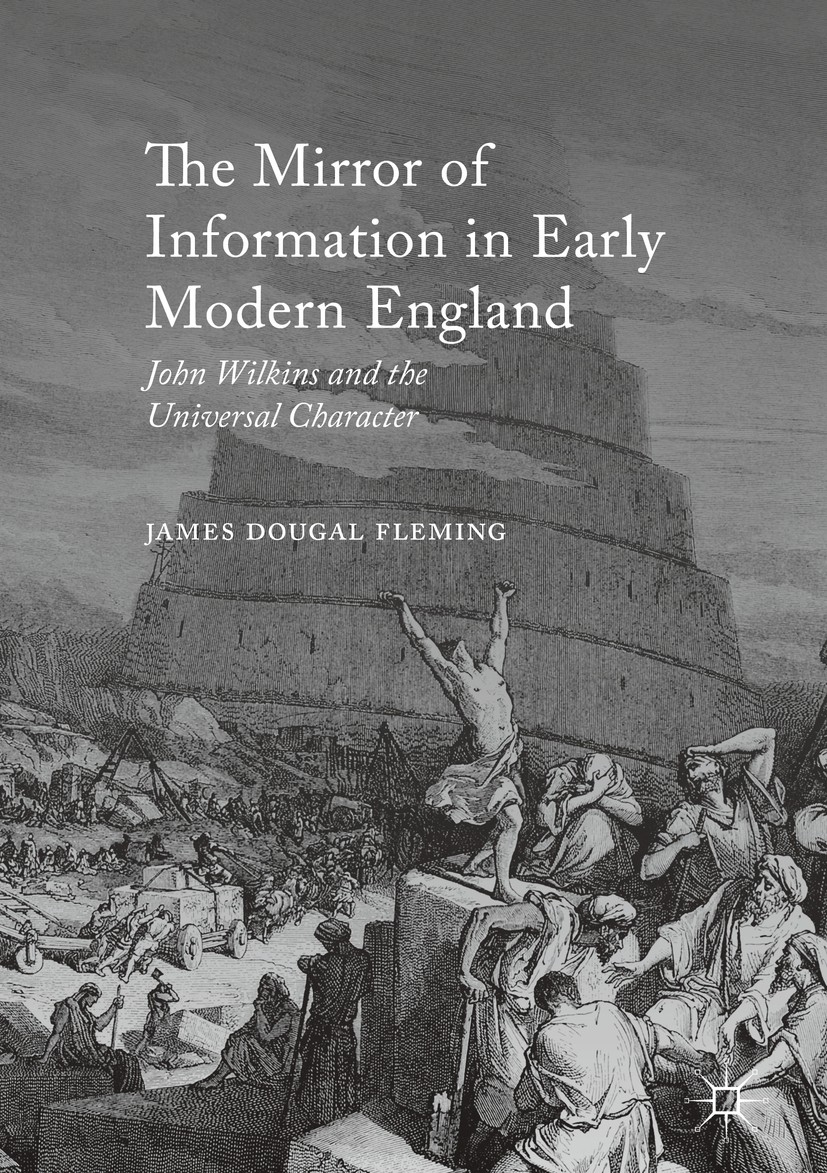| 書目名稱 | The Mirror of Information in Early Modern England |
| 副標題 | John Wilkins and the |
| 編輯 | James Dougal Fleming |
| 視頻video | http://file.papertrans.cn/915/914144/914144.mp4 |
| 概述 | Provides a new approach to the field of seventeenth-century studies and intellectual history.Examines John Wilkins and the idea of a“real character” (the basis for a proposed universal communications) |
| 圖書封面 |  |
| 描述 | .This book examines the seventeenth-century project for a "real" or "universal" character: a scientific and objective code. Focusing on the .Essay towards a real character, and a philosophical language. (1668) of the polymath John Wilkins, Fleming provides a detailed explanation of how a real character actually was supposed to work. He argues that the period movement should not be understood as a curious episode in the history of language, but as an illuminating avatar of information technology. A non-oral code, supposedly amounting to a script of things, the character was to support scientific discourse through a universal database, in alignment with cosmic truths. In all these ways, J.D. Fleming argues, the world of the character bears phenomenological comparison to the world of modern digital information—what has been called the infosphere.?. |
| 出版日期 | Book 2017 |
| 關(guān)鍵詞 | computing historians; John Wilkins; Seventeenth-century European intellectuals; artificial language; inf |
| 版次 | 1 |
| doi | https://doi.org/10.1007/978-3-319-40301-4 |
| isbn_softcover | 978-3-319-82073-6 |
| isbn_ebook | 978-3-319-40301-4 |
| copyright | The Editor(s) (if applicable) and The Author(s) 2017 |
 |Archiver|手機版|小黑屋|
派博傳思國際
( 京公網(wǎng)安備110108008328)
GMT+8, 2025-10-5 23:23
|Archiver|手機版|小黑屋|
派博傳思國際
( 京公網(wǎng)安備110108008328)
GMT+8, 2025-10-5 23:23


